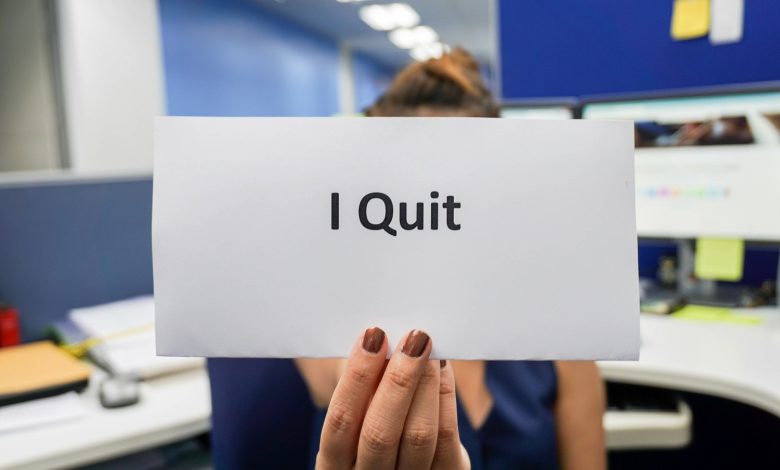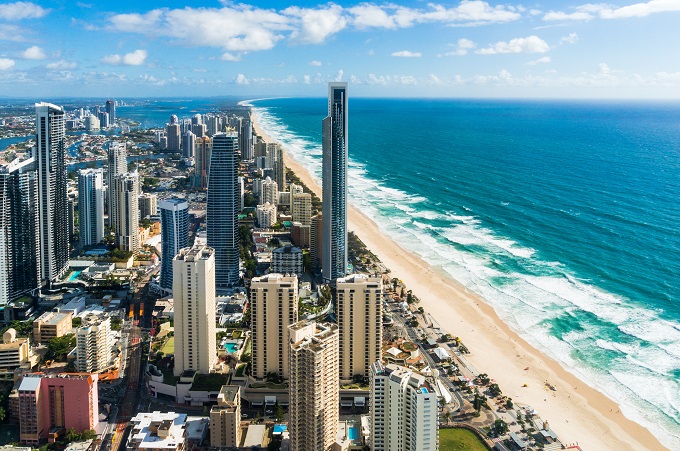
What Jacinda Ardern’s resignation taught us about burnout
Hospitality leaders: Fill your own cup first, because you cannot serve others when you have nothing left to give
News of Jacinda Ardern’s resignation as New Zealand Prime Minister, citing burnout as the sole reason sent shock waves across the world. Many hospitality leaders recognise the weight of being at the top, with overwhelming pressures, staff shortages, booming business, and abusive customers.
Jacinda Ardern, a global leader displayed transparency and vulnerability on the world stage. Her candour has made it abundantly clear that even people with all the resources at their disposal are not immune to burnout and she opened the door for conversation about leadership and work stress.
Too many hospitality leaders are overworked and underresourced, what is burnout and how do you prevent it?
According to Deputy data, staff shortages are continuing to impact hospitality. These shortages are particularly salient in major states like Victoria and New South Wales where businesses are rostering 30 percent fewer shift work hours compared to pre-pandemic levels.
“[This] has resulted in many working longer and harder,” labour economist Shashi Karunanethy said.
“Moving forward, leading with empathy and creating a positive working culture will set hospitality businesses apart, allowing them to attract scarce talent, and increase retention.”
However, with stress levels high in the industry, creating a positive workplace is easier said than done.
Head of Health and Safety at Employsure Felix Yeung said.“Leaders often feel the responsibility to serve with non-stop positivity and have the answers to every challenge.
“The pressure, isolation, and weight that comes with being at the top is not just isolating, but overwhelming.”
For accommodation operators and managers, staff shortages and booming business often mean picking up extra shifts or working overtime.
And while every job comes with moments of stress, it’s important to recognise the signs of burnout so you can start to make changes.
“In a post-pandemic world, leadership burnout is at an all-time high and it shouldn’t be mistaken for stress, though they are connected,” Mr Yeung said.
“Experiencing excess stress or unmanaged stress for extended periods can cause burnout.
“The significant difference is that stress can be reduced, whereas burnout is trickier to resolve due to the overall symptoms and effects.”

Common signs of burnout include anxiety, headache, insomnia, fatigue, and an increasingly cynical outlook on life.
However, burnout can also present as a lowered immune system and an increase in illness, changes in appetite, substance abuse, and social withdrawal.
To prevent burnout, it’s important to prioritise your health and wellness outside of work. Maintaining a healthy diet and exercise regime, prioritising sleep, and making time for friends, family and hobbies are all key to preventing burnout.
Not only important for you, preventing burnout is key to maintaining a productive workplace and retaining staff.
“It seems almost counterintuitive to say that to be a great leader, we need to focus on ourselves – Focusing on ourselves, as leaders through managing our own well-being is the best thing we can do to support our teams,” Mr Yeung said.
“Leaders need to take time for themselves and ensure they are in good form firstly for themselves, secondly, for their families and finally, for the teams they lead.
“We cannot serve others when we have nothing left to give – One cannot lead effectively with an empty cup.”
Our latest AccomNews print issue is available now. Read it HERE
Jacinda Ardern announces resignation as New Zealand prime minister ABC
Sarah is a freelance journalist with experience across print, digital and audio. After working for Multimedia Publishing as a contributing writer, she has recently joined the team in a part-time capacity for School News AU and AccomNews.







